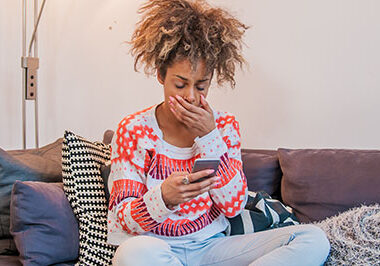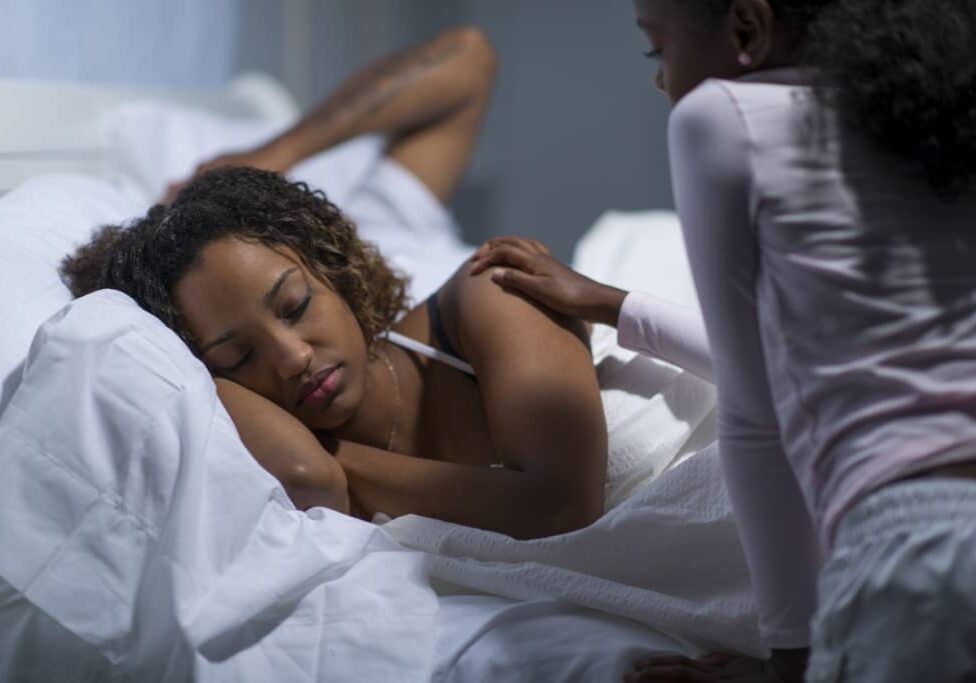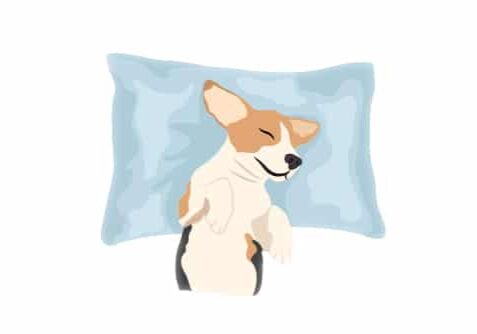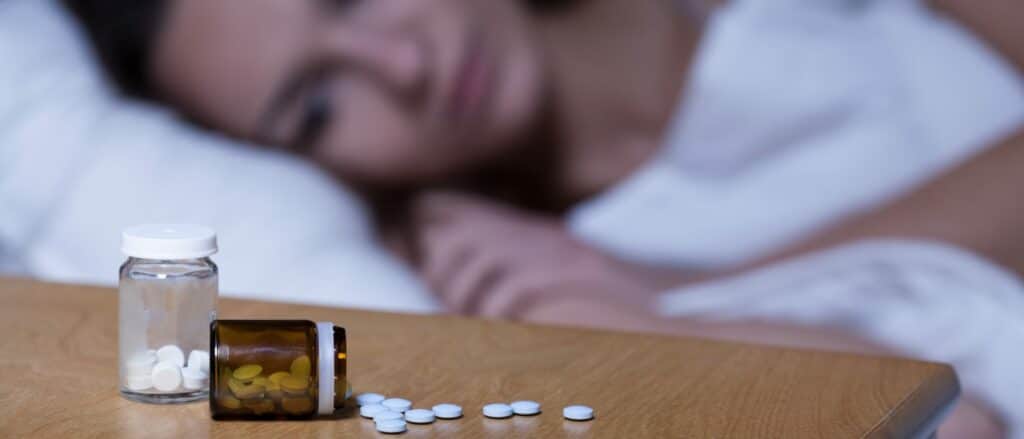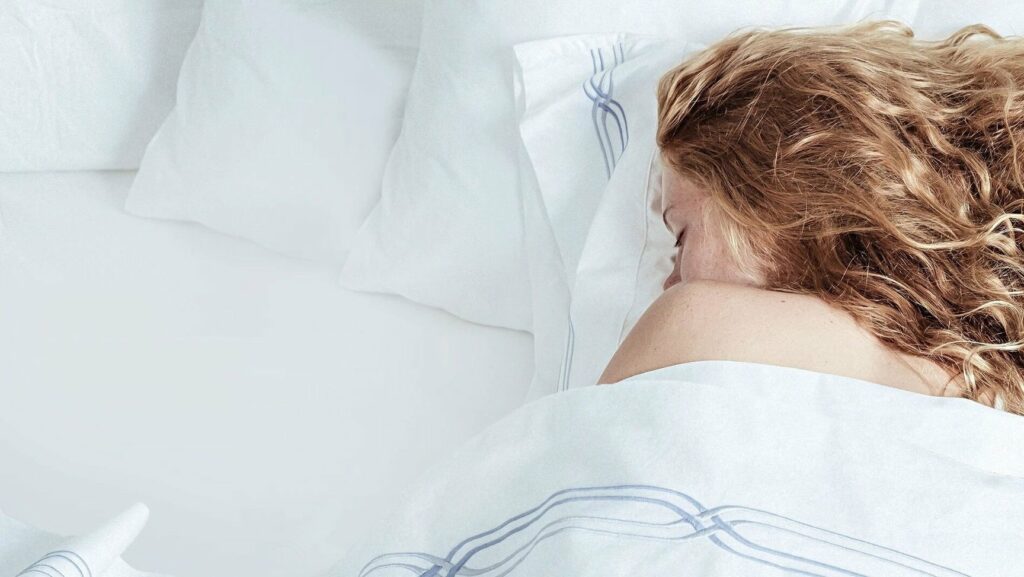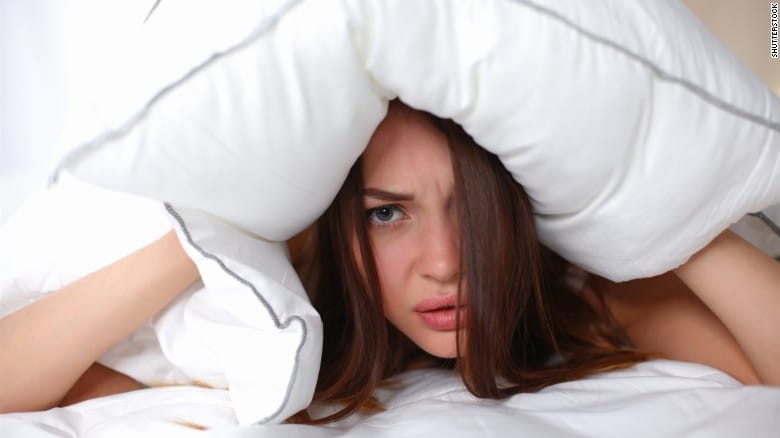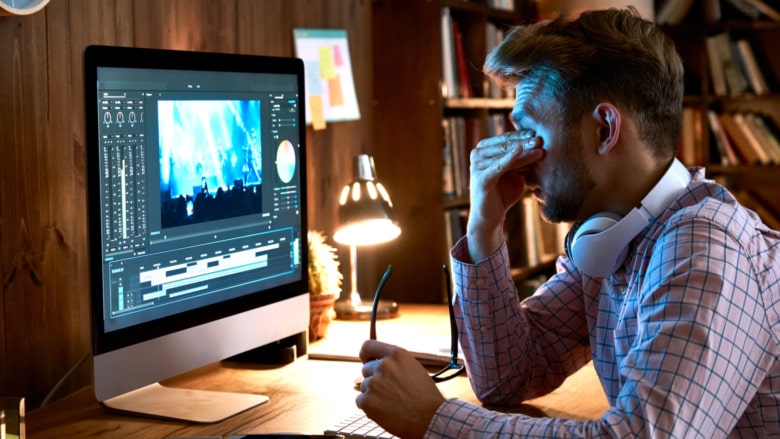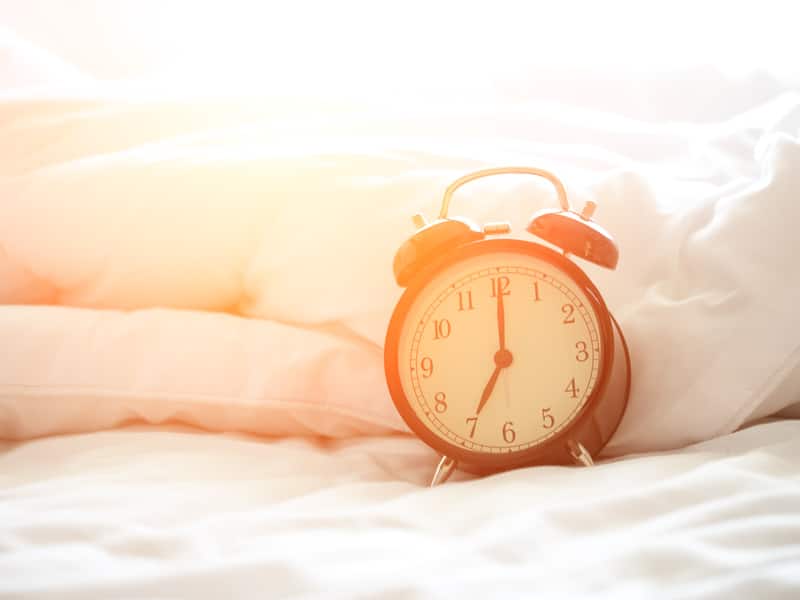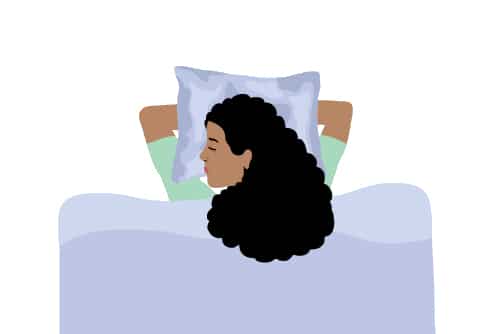
The long winter’s nap: why we sleep more when it’s colder.
It’s only 4:00 PM on a Tuesday, but you are at your desk zoning out like it is two in the morning. You’ve had a good night’s sleep last night — although it was very difficult to get out of bed (blankets too cozy?), and it suddenly dawns on you after the 5th consecutive day, that this isn’t normal. You have plenty work to do, so boredom is definitely not the culprit, and no cozy blankets at the office. What could it be?
Our bodies are programmed to sleep at certain times of the day, largely based on sunlight (or lack of). So as the days grow shorter, with too much dark at both ends of the day, our bodies seem to want more sleep. This, combined with the boost in production of Melatonin, or “the sleep hormone,” (the presence of light usually slows down this process), cooler temperatures that yield perfect sleeping conditions, means that we find ourselves fading slowly off.
Welcome to the zone-out zone.
We walk upright, think ourselves “evolved” and take pride in the ability to reason vs. led solely by instinct (most of us, anyway). So, in defense of our biological needs, are we really meant to just shut down and hibernate during these months? Are we “less than” because we are not following our true natural calling to sleep from November until March?
Sleep experts say, “No.”
“Although many people end up waking later and retiring earlier during the cold, dark months, there’s no real biological need for getting extra sleep in the winter,” says Allison Ford, contributor to industry watch-dog blog, Divine Caroline. “We don’t technically need any more sleep in winter than in summer. Aim for about eight hours of shuteye a night and try to stick to a reliable sleep schedule. Go to bed and get up at the same time every day. And make sure your bedroom is conducive to sleep – clear the clutter, have comfortable and warm bed linen and turn off the TV.”
On top of that, while melatonin increases, our serotonin levels (the happy hormone) decrease – in some substantially, resulting in increased amounts of anxiety and depression.
“If serotonin gets too low, we feel anxious, depressed and may have additional trouble sleeping. Sleepiness from untimely melatonin release and low serotonin levels create the common symptoms of SAD (Seasonal Affective Disorder): sluggishness, loss of motivation, excess sleepiness and sad or anxious mood.” –Dr. Henry Emmons M.D., and contributor to Psychology Today magazine.
Our bodies may react to external stimuli with drowsiness, but there are factors within our control. In other words, we can’t control the seasons, but in this case, we can control our reaction to them.
How? If darkness triggers sleep, then light must do the opposite, right? Train your body to stay awake: Keep rooms bright during the day; forego heavier dishes that take more energy to digest, in favor of lighter meals; and get energy from exercise.
Dr. Emmons also suggests nutritional supplements: B Complex (or a good multi-vitamin), Omega 3 and Vitamin D. “
If you are tempted to snuggle and hit the snooze button one more time, remember getting too much sleep is not good for you, even if your environment beckons you to do so.
“Sleeping too much can be unhealthy, regardless of the season, so if you’re already getting seven to nine hours of zzz’s per night and you’re still not feeling rested, talk to your doctor about getting tested for a sleep disorder. If it’s winter—and lack of light that has you down—simple lifestyle tweaks like getting regular exercise (ideally in sunlight) or using an artificial light box may help to get your body clock back on track.” National Sleep Foundation.
The best sleep is the sleep that leaves you feeling refreshed. It’s mostly not at the end of a sleep binge, and obviously not on the edge of a few sparse hours. Ensure your bedroom temperature is between 60-67 degrees to cue your body that it’s time to sleep once darkness is present. Have a blanket at the ready if the temp dips but forgo the “snuggle blanket cuddle” until then. Resist the urge to snooze more than reasonable, wake up and be productive.
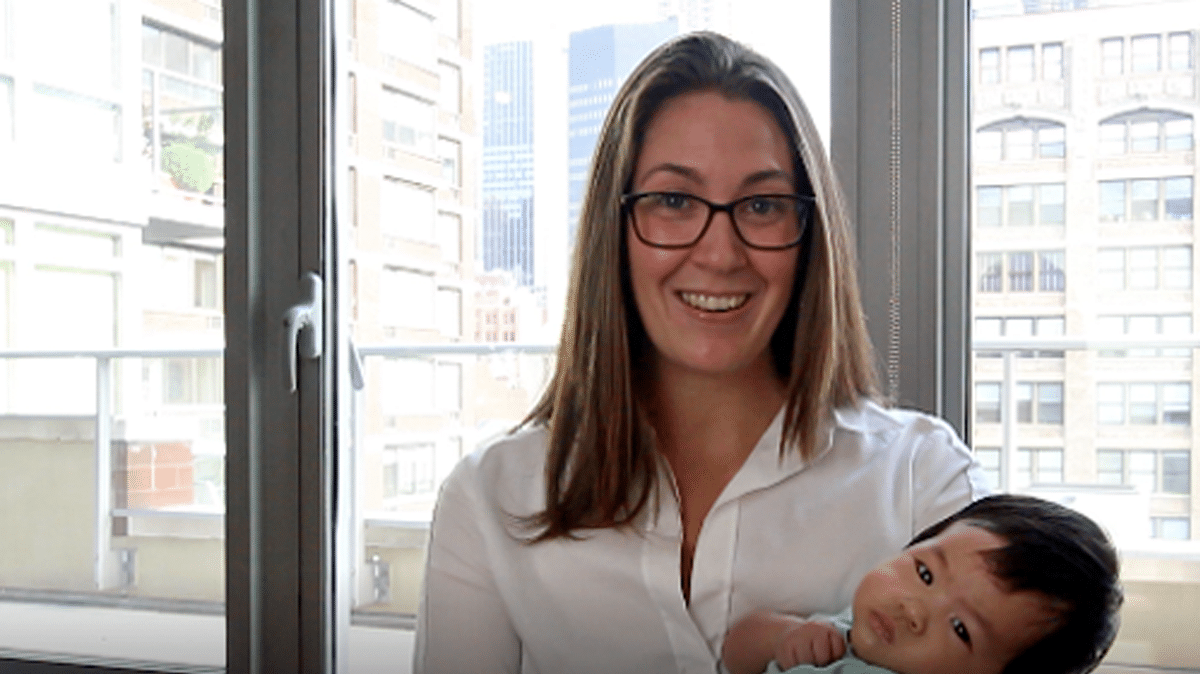
Don't just take our word for it.
We don’t take the term “sleep like a baby,” lightly. We know you don’t either. Want advice from a baby whisperer? Our sleep trainers understand.
